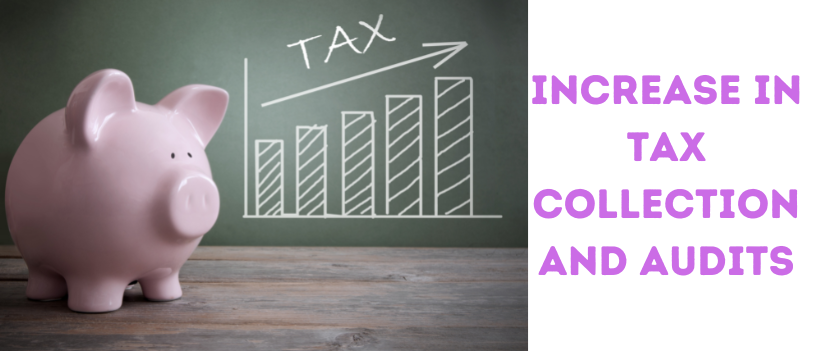The IRS and state governments are currently moving their attention toward tax collections and examinations. This means that there will be increasing compliance and enforcement effort made by tax authorities.
Previously, we have seen many extensions and suspensions that were created due to the state of emergency that was caused by the pandemic, however, these have now been lifted. Taxpayers are receiving notices regarding additional tax that needs to be paid as well as for audits.
States are also doing individual residency audits, which is mainly due to telecommuting employees, as well as state business tax audits related to nexus issues.
Although the IRS is wanting to focus on compliance, there are a few issues preventing them from doing so such as limited staff, the negative impacts of the pandemic, as well as a high rate of attrition of examiners.
This means that the IRS has a limited ability to examine all returns. To combat this issue, the IRS is taking advantage of sophisticated technology to identify and resolve common errors that occur. These errors generally involve the tax credits claiming the Child Tax Credit, Advanced Child Tax Credit, and the Earned Income Tax Credit.
Another way the IRS is trying to resolve this issue is by reallocating their resources to catch up on backlogs and by hiring and training new employees. With the shift in resources, be prepared to see an uptick in controversy matters. We will most likely hear of more audits related to COVID relief and potentially fraudulently filed claims.
If you receive a notice, be sure to respond. You do not have to write a formal letter, however, indicate if you agree or disagree with the notice you received. Be sure to read the documents very carefully and answer them in a timely manner.
One mistake many taxpayers make is failing to file when they are unable to pay the tax that is owed. If you choose not to file then the statute of limitations does not begin to run. If you do not want to do a formal installment agreement, you can request a short-term payment arrangement of 120 days. You can request this by contacting the revenue agent over the phone.
There is no fee and no federal tax lien for using this option. If you choose to do a traditional agreement or the “fresh start streamlined agreement”, your debt must be less than $50,000. If your liability is greater than $50,000, you can pay your debt down to $50,000 and meet the requirements of this agreement type.
If you receive a notice from the IRS, be sure to reach out to your CPA to see what options are available to you. Keep in mind that the IRS is still processing 2019 and 2020 returns and overpayment requests. There have been problems with notices requesting payments for 2020 and 2021 when tax is not actually due. If you feel the information received is not accurate, be sure to send a response and any supporting documents to prove your case.
